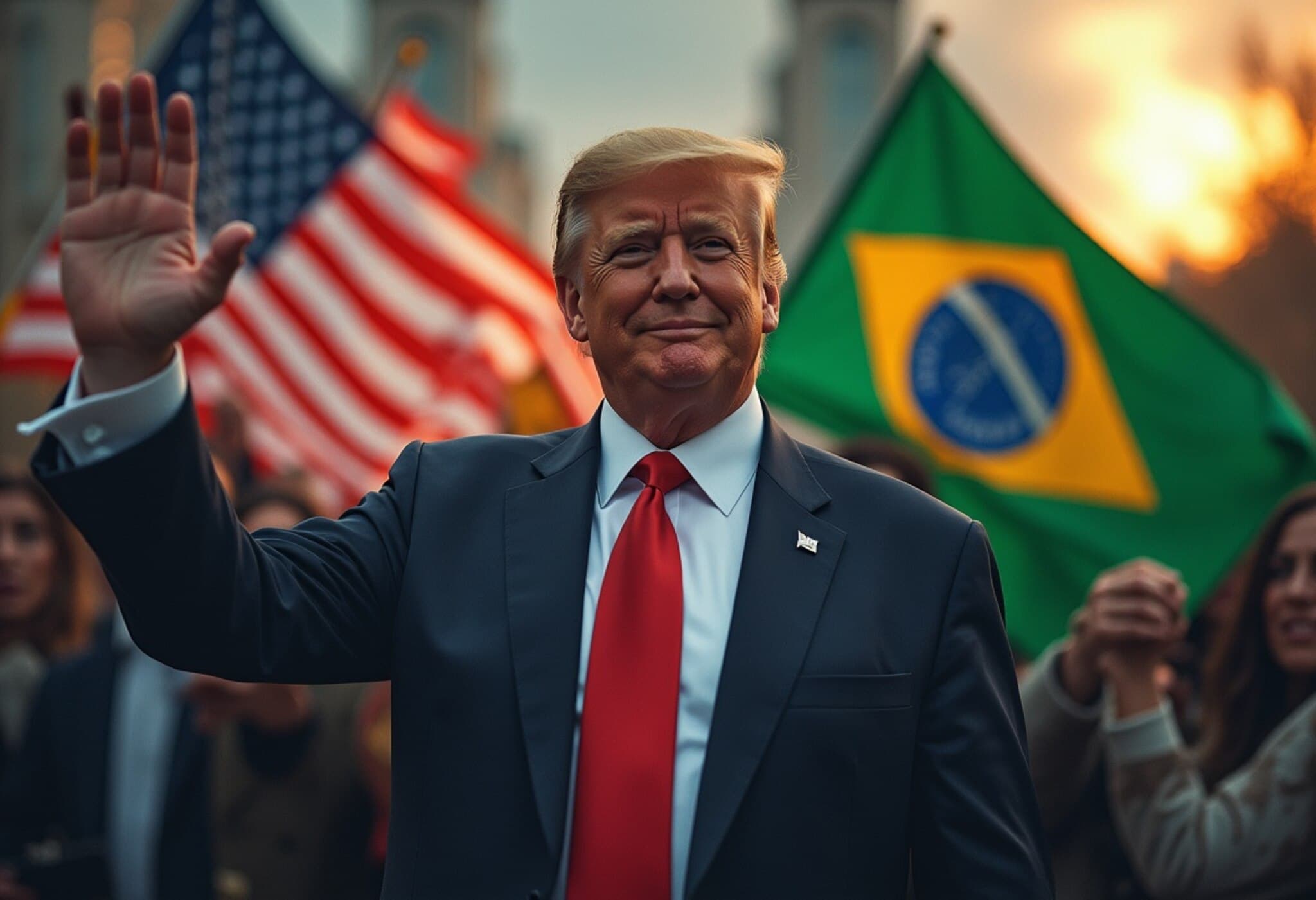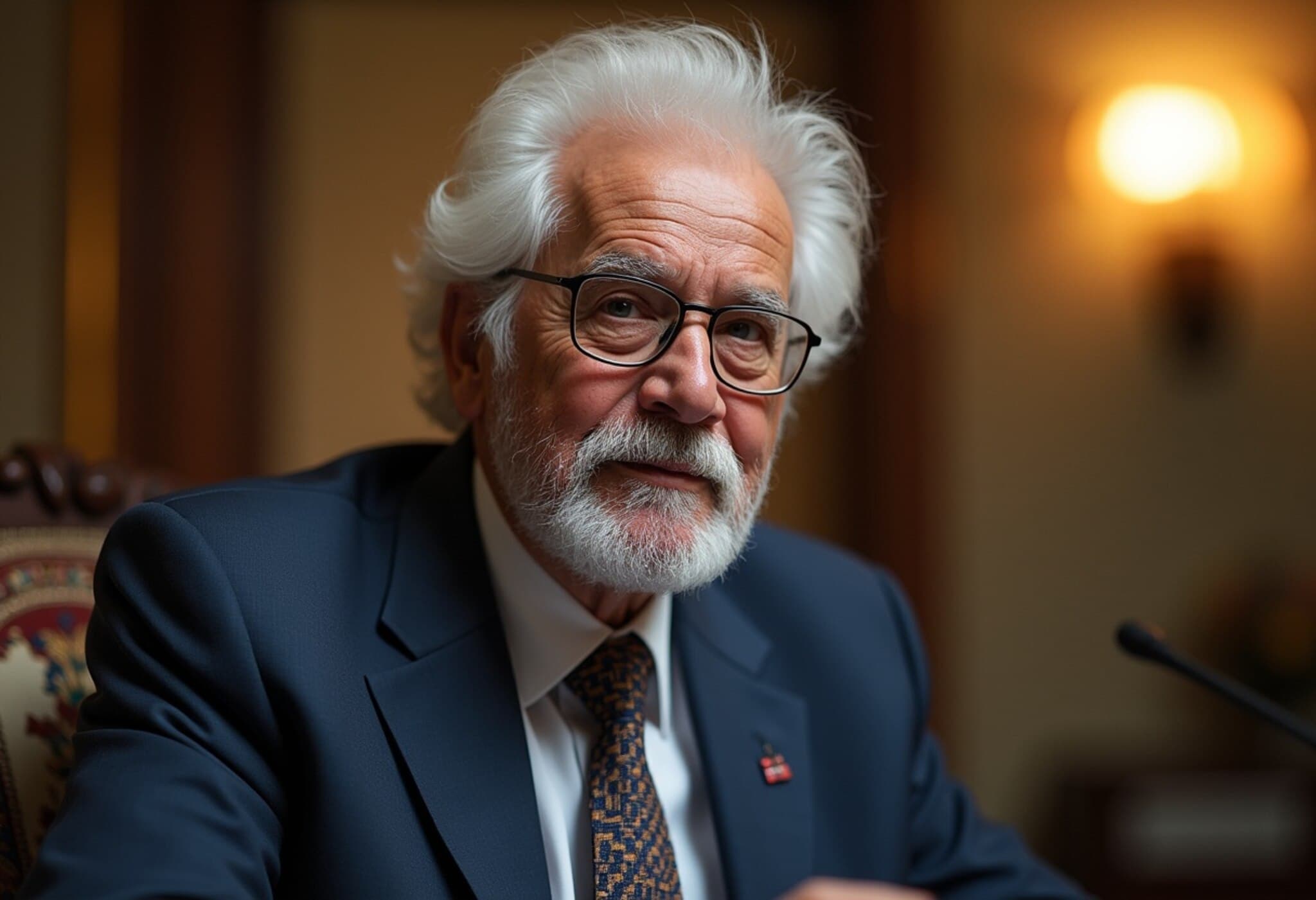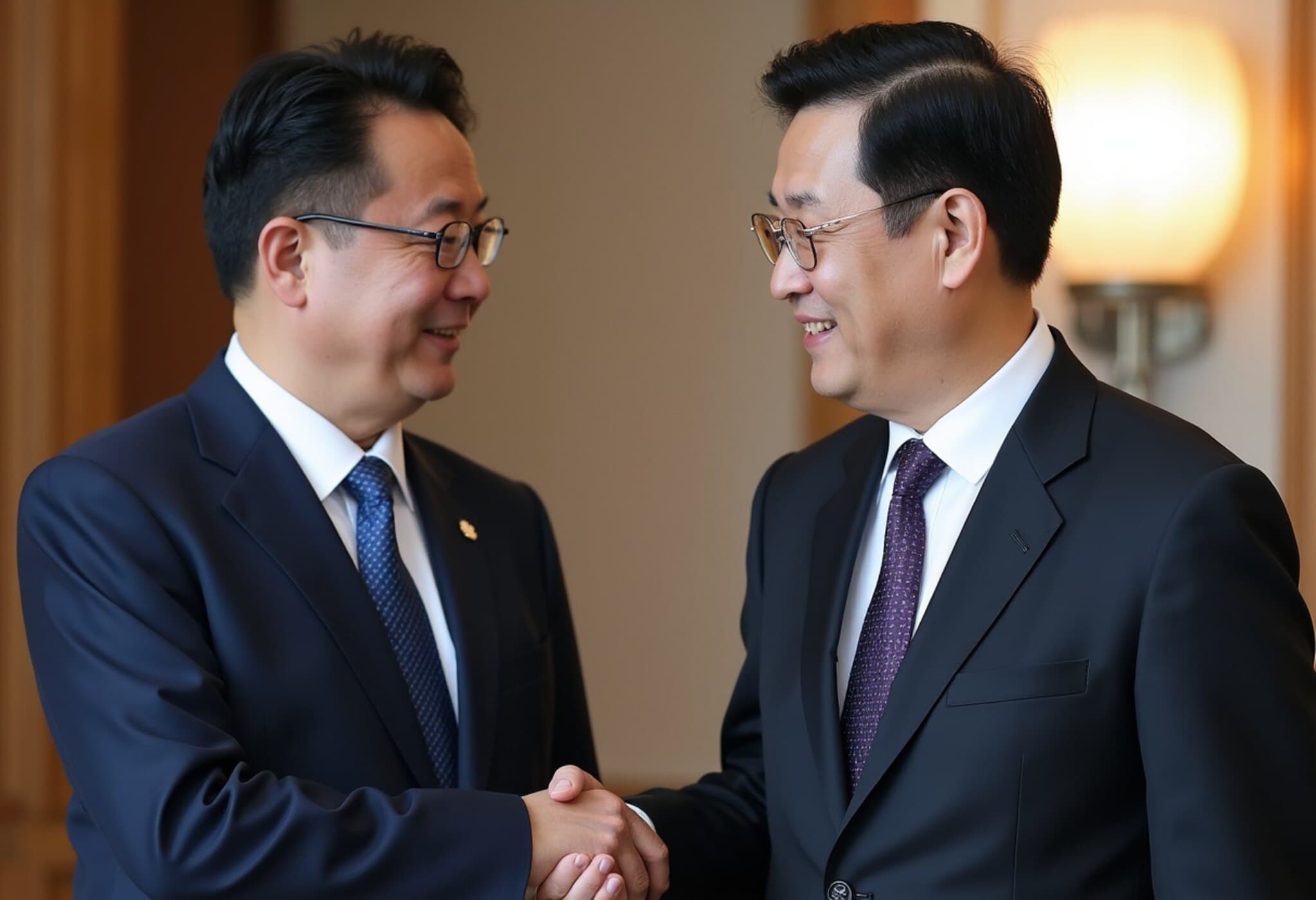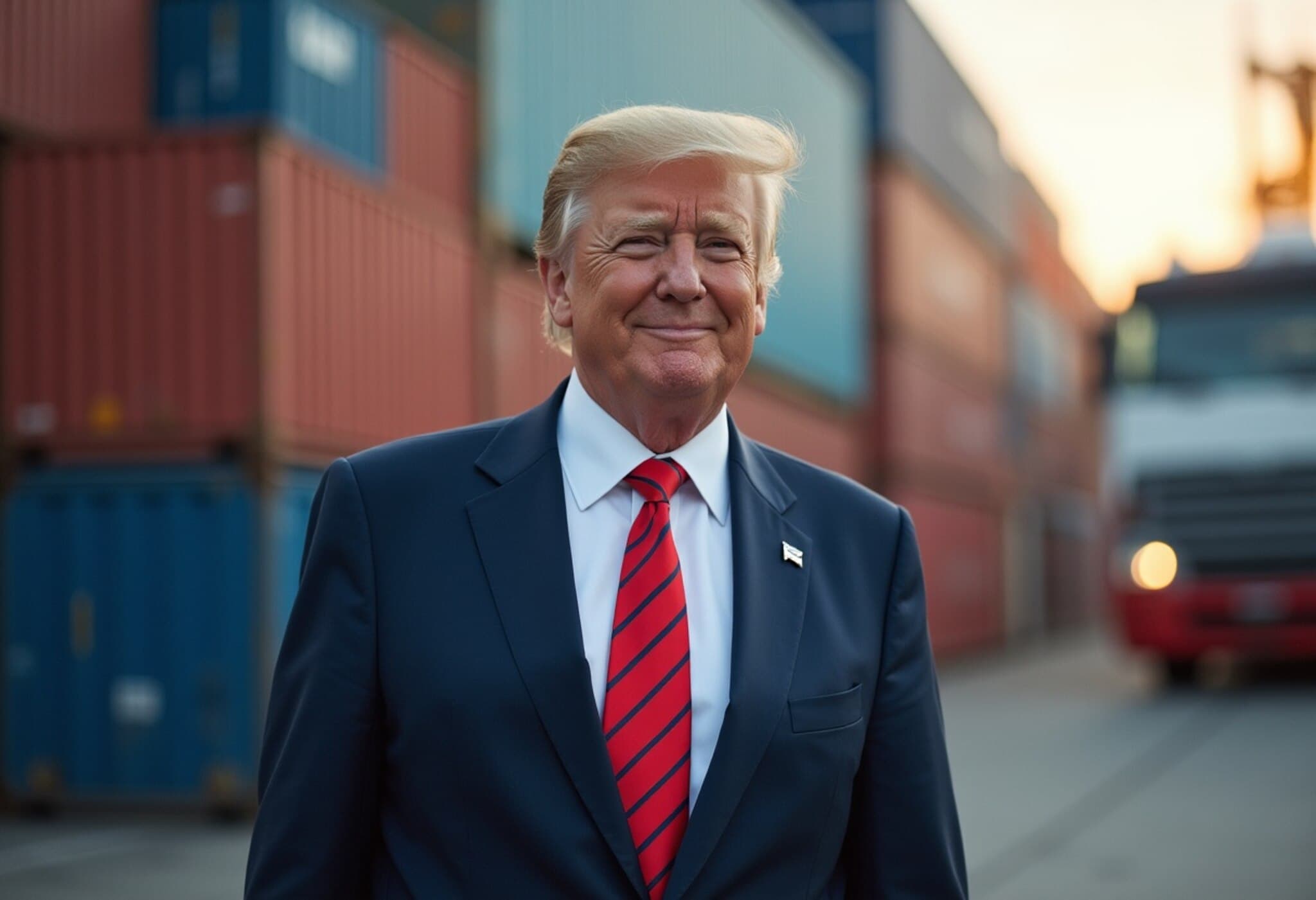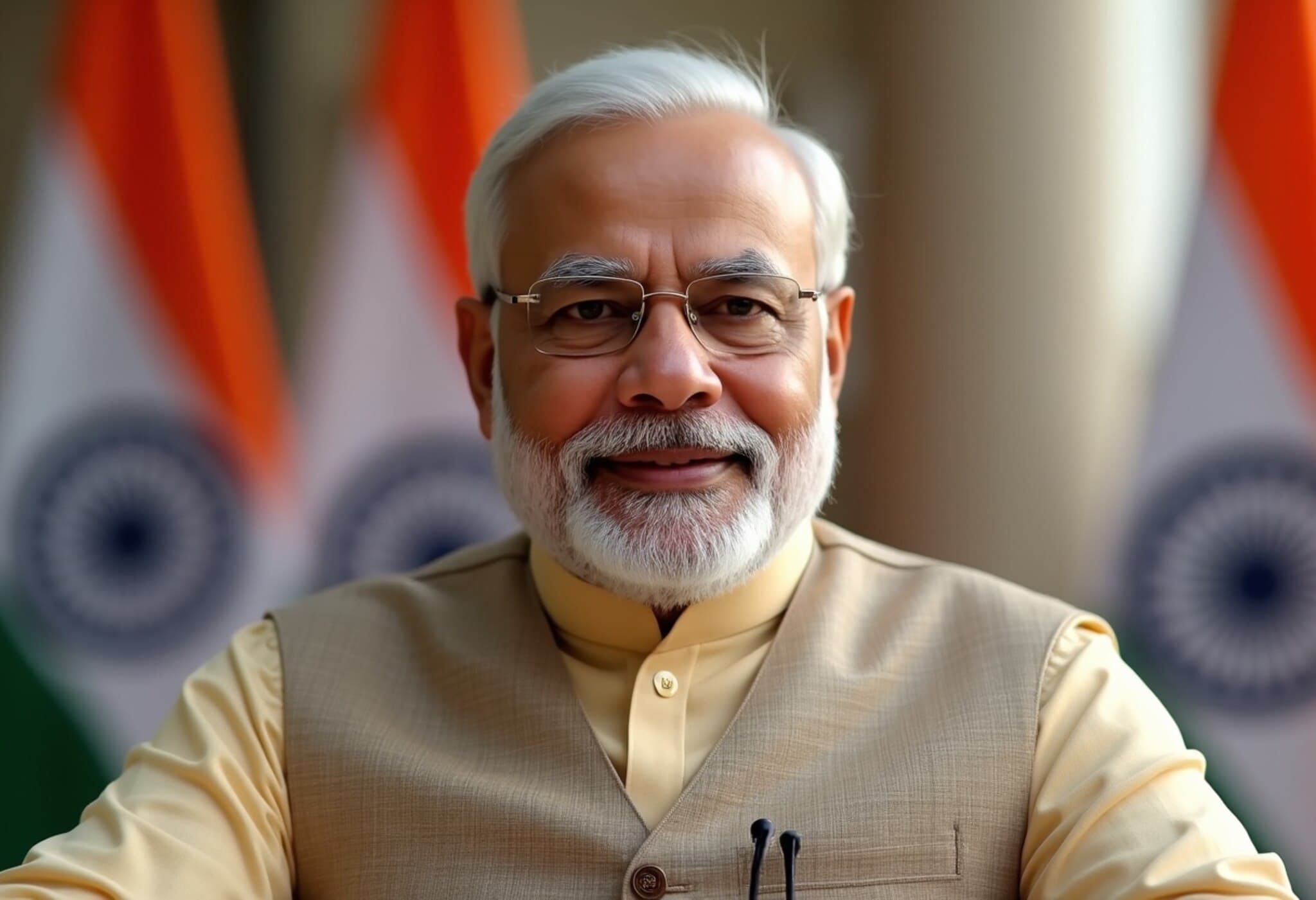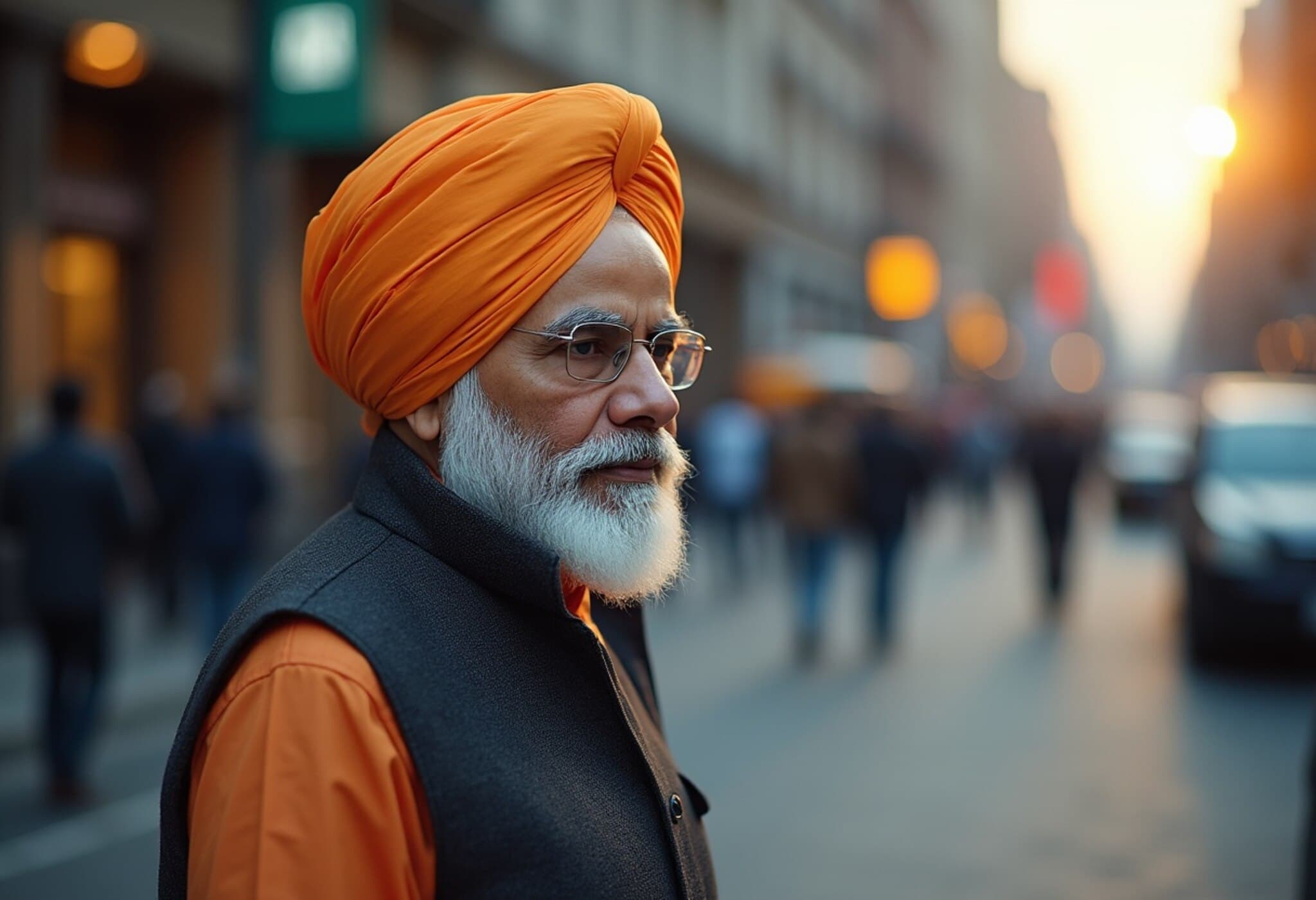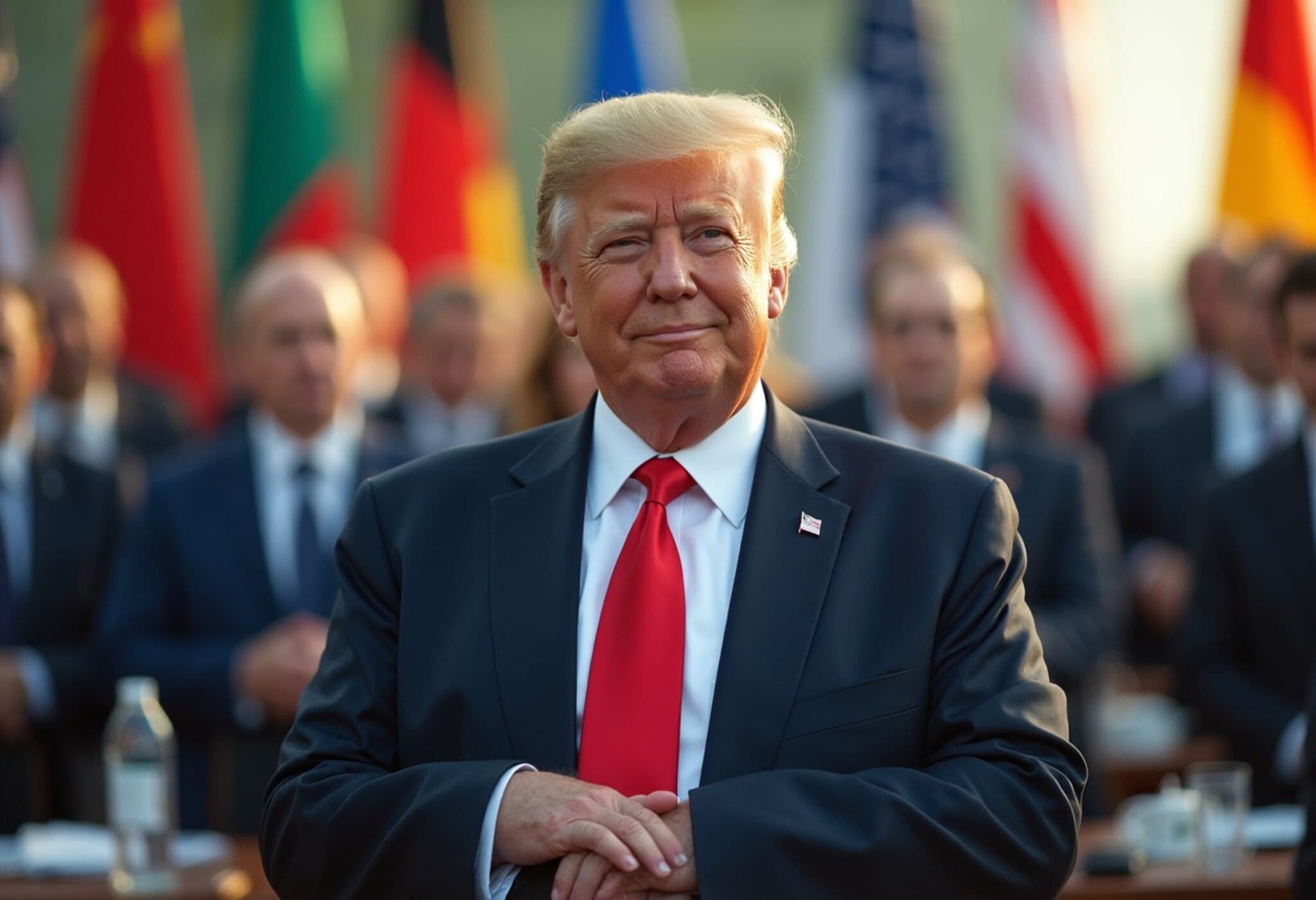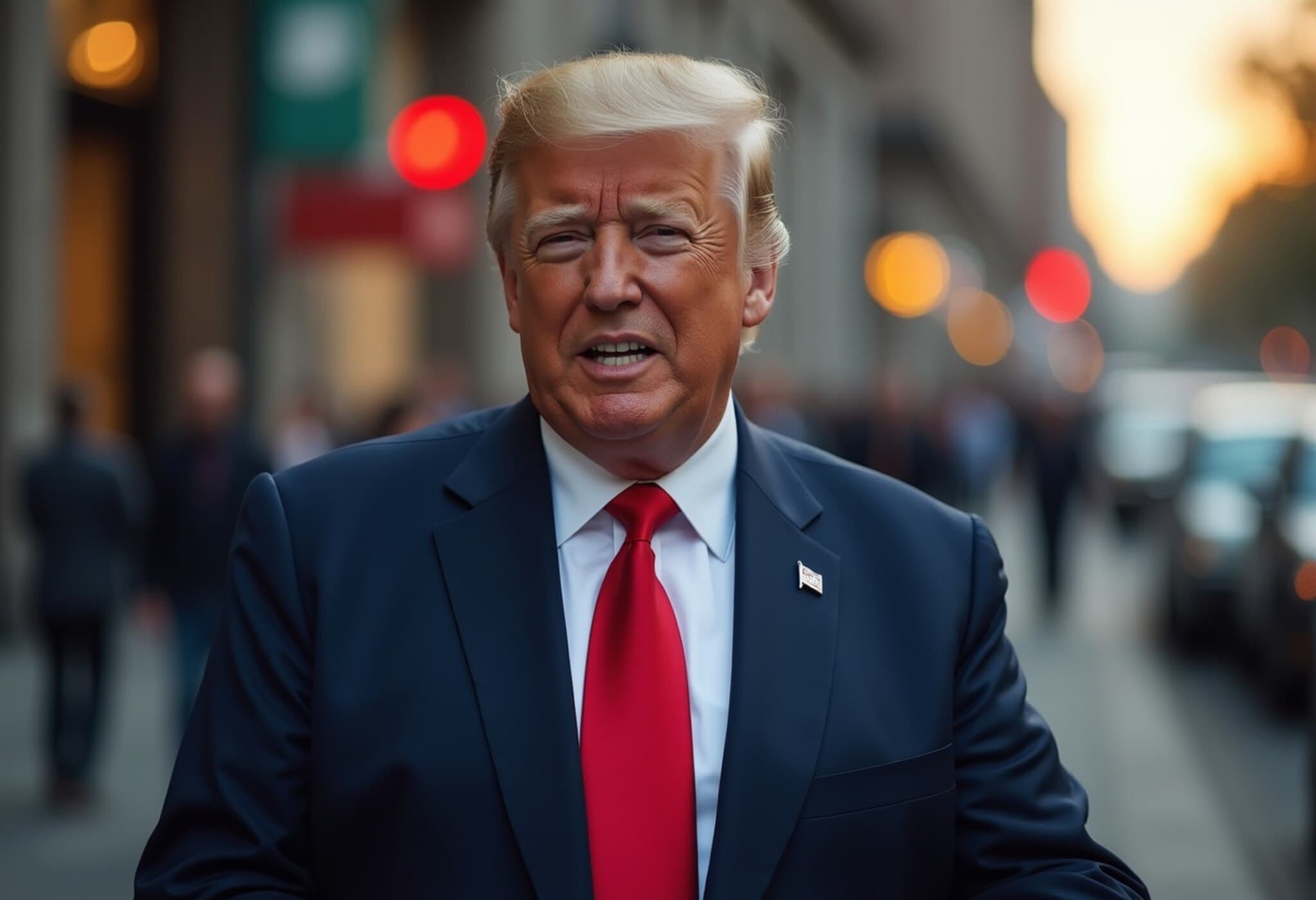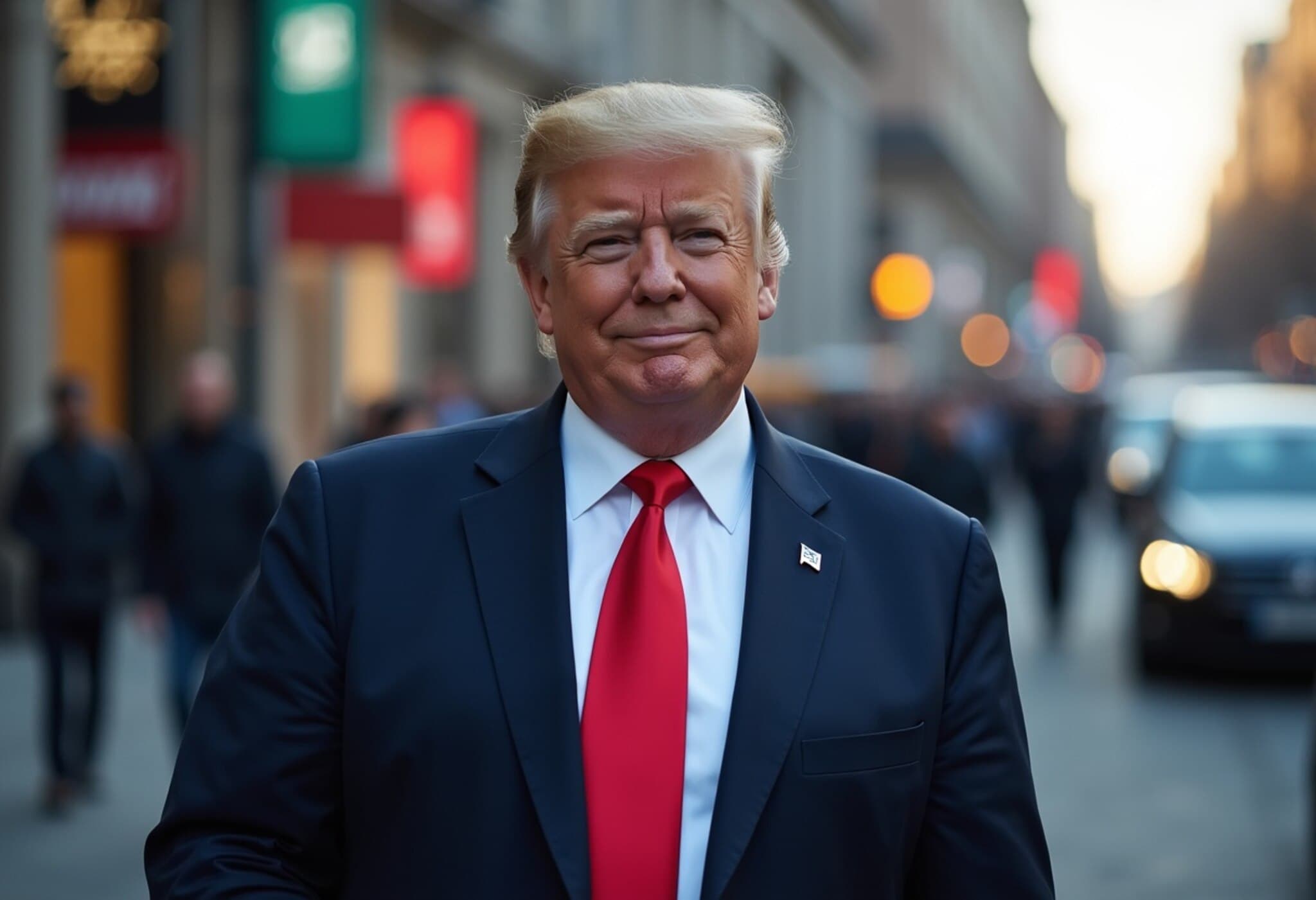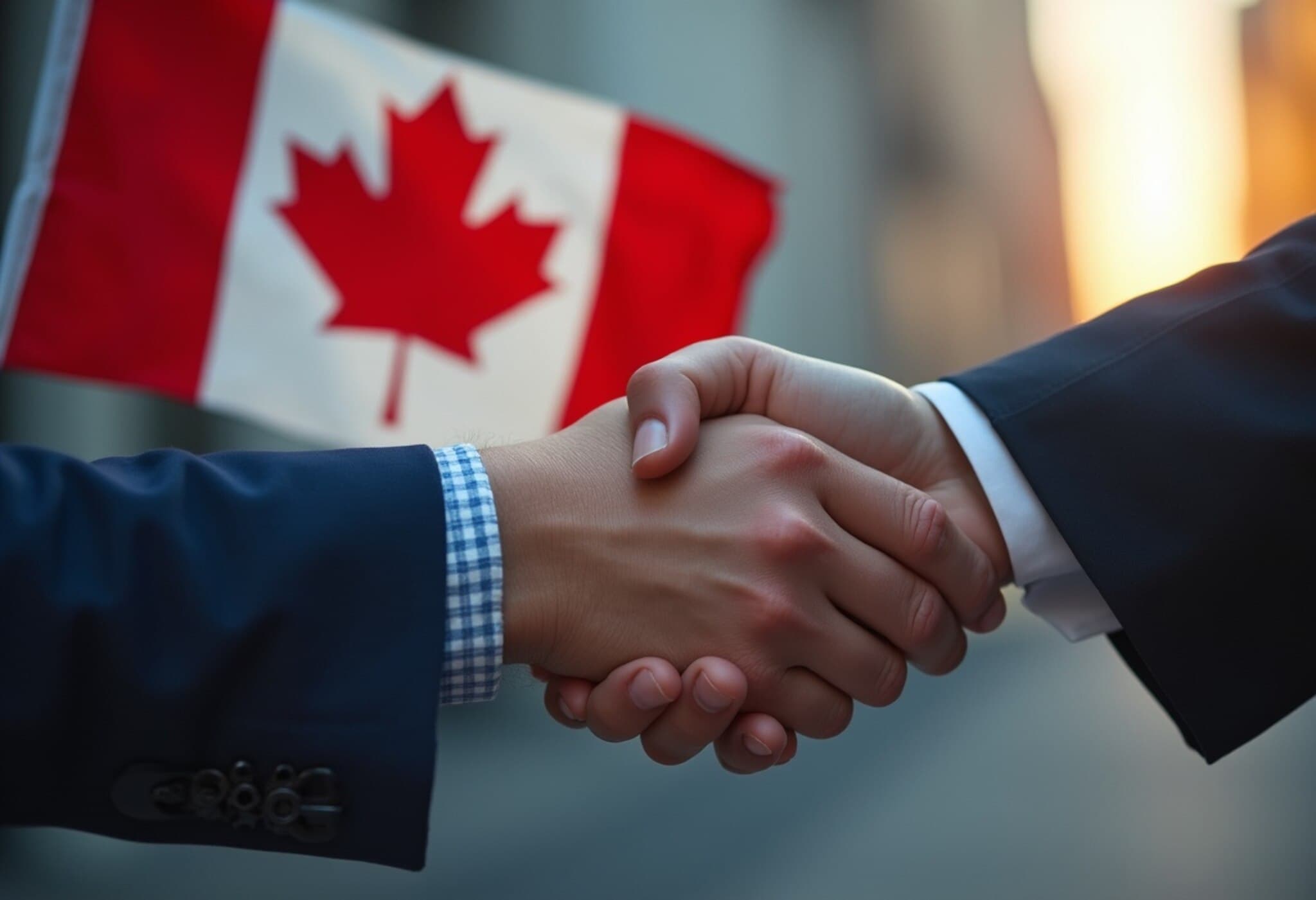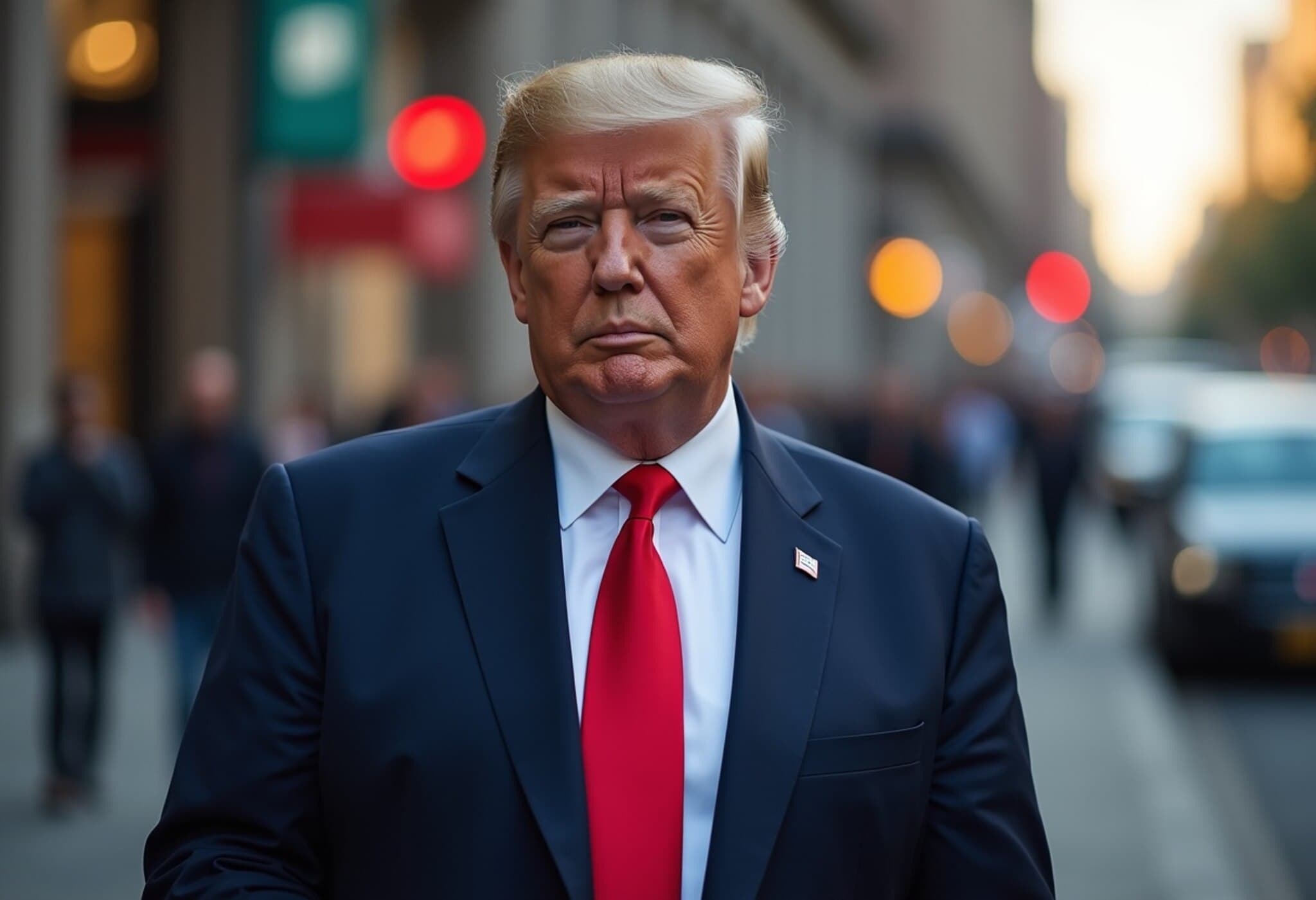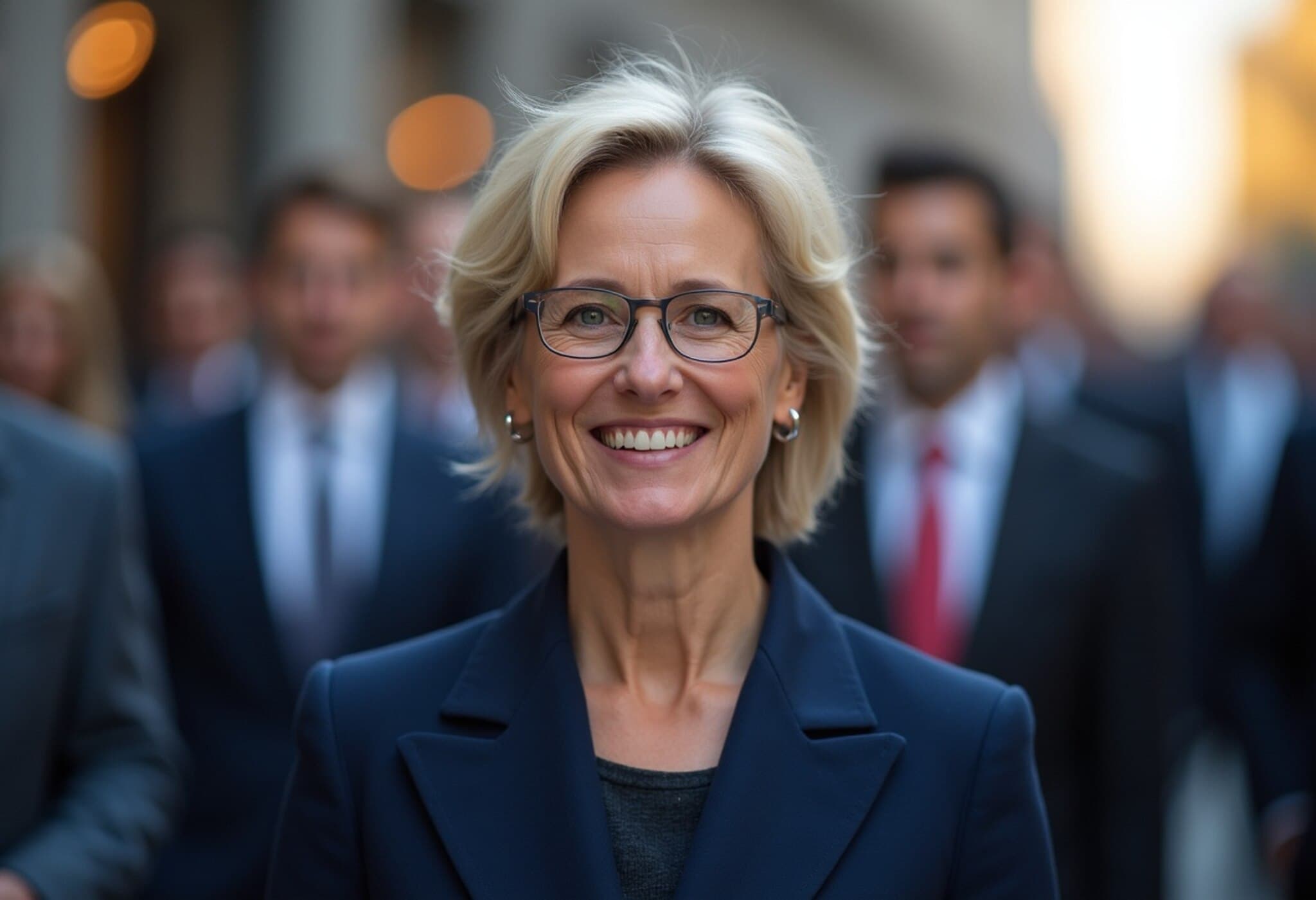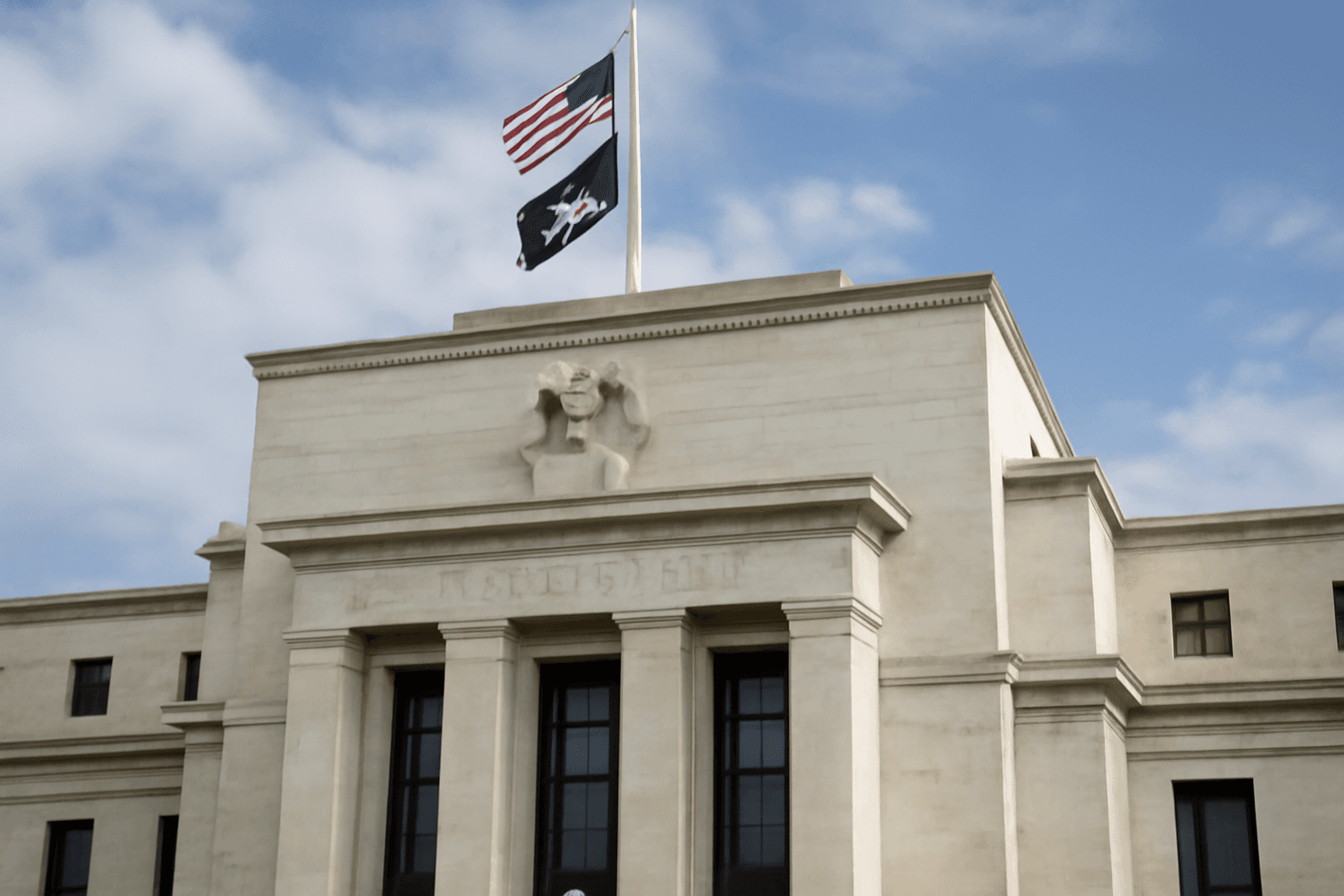Unpacking the Emerging U.S.-Brazil Trade Conflict
In a surprising turn in Western Hemisphere geopolitics, the United States and Brazil—two economic giants—seem to be steering toward a trade war fueled less by economic fundamentals and more by political entanglements. On July 10, 2025, former President Donald Trump announced plans to slap a staggering 50% tariff on Brazilian imports. While tariffs traditionally aim to protect domestic industries or redress trade imbalances, this move is underscored by a far more personal and political motivation.
Political Undertones Behind Economic Moves
Despite the fact that the U.S. currently holds a trade surplus with Brazil, Trump's tariff proposal centers around his ally, former President Jair Bolsonaro. Bolsonaro is currently embroiled in legal battles—a trial seen by Trump as a politically motivated "witch hunt." This intertwining of personal loyalty and international trade policy marks a distinct shift from conventional tariff strategies, where economics normally trump personal politics.
Brazil's Resolute Response Under President Lula
Brazil's response came swiftly. President Luiz Inácio Lula da Silva declared that Brazil would retaliate with its own tariffs on U.S. goods, emphasizing that "Brazil is a sovereign nation with independent institutions and will not accept any form of tutelage." This assertive stance signals Brazil's intent not to be boxed in by external political pressures, highlighting the nation's commitment to defending its sovereignty.
Brazilian officials, speaking off the record, revealed the government’s strategy aims to impose tariffs selectively—targeting specific American products rather than unleashing sweeping tariffs across the board. This approach indicates a pragmatic attempt to cushion Brazil’s economy from shocks while still signaling firm resistance against U.S. pressures.
Contextualizing the U.S.-Brazil Trade Rift
- Historical political ties: Bolsonaro had been one of the most reliable allies for Trump during his presidency, often aligning closely on global policy stances.
- A shifting alliance: Since Lula’s return to power, Brazil has pursued an independent foreign policy, which has sometimes clashed with U.S. interests, especially under Trump’s continued influence.
- A new era of ‘weaponized tariffs’: This episode exemplifies how tariffs are increasingly becoming tools in political vendettas rather than purely economic remedies.
What This Means for Global and Regional Economies
Trade wars rarely produce clear winners. For the U.S., resorting to heavy tariffs against a key regional partner risks destabilizing supply chains and inflating prices on consumer goods. For Brazil, even selective retaliatory tariffs may curb its export growth and disrupt its delicate economic recovery.
Experts caution that this tit-for-tat approach escalates uncertainty in global markets at a time when economies are still navigating post-pandemic volatility and geopolitical tensions elsewhere.
Broader Implications and Underreported Angles
Beyond the immediate trade concerns, there lies an underexamined narrative about how political partisanship increasingly permeates foreign policy decisions. Trump’s use of tariffs to shield political allies—rather than bolster economic interests—challenges the conventional wisdom of trade as a mutually beneficial endeavor.
This conflict also prompts a critical question: Are sovereign nations like Brazil being forced to navigate between great power politics and domestic political imperatives, potentially at the cost of economic stability?
Looking Ahead: What to Watch
- Potential tariff rollouts: Which U.S. sectors might Brazil target—and how will those industries respond?
- Diplomatic negotiations: Will there be avenues to de-escalate tensions, or are we witnessing the start of a longer trade cold war?
- Impacts on the 2026 U.S. elections: Could this trade dispute influence voter sentiments, especially in states dependent on agricultural and industrial exports?
Editor’s Note
The unfolding U.S.-Brazil trade tensions expose a broader reality shaping today’s geopolitical landscape: trade policies are far from mere economic tools—they are deeply entangled with personal loyalties and political agendas. For readers, this raises important questions about the future of international trade diplomacy and the costs borne by ordinary consumers and businesses caught in the crossfire. As this story develops, keeping an eye on how sovereign nations assert their independence amid global power dynamics will be crucial.

